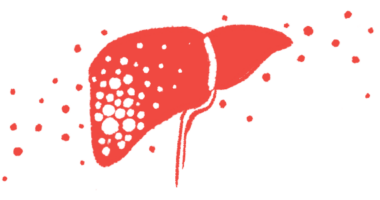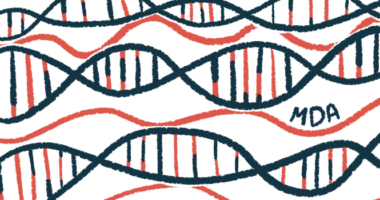Novartis Boosts Zolgensma Production Capacity After FDA Clearance

Novartis Gene Therapies is expanding its manufacturing capacity for Zolgensma (onasemnogene abeparvovec) — its disease-modifying gene therapy for spinal muscular atrophy (SMA) — after its commercial licensure approval was approved by the U.S. Food and Drug Administration (FDA).
The approval will allow the company to produce, test and release commercial Zolgensma in its 170,000-square-foot facility located in Research Triangle Park, in Durham, North Carolina, as well as produce gene therapy product for current and future clinical trials.
The initial task of the site will be to manufacture and ship Zolgensma across the U.S. immediately, according to the company.
“Bringing the North Carolina facility fully online reinforces the supply of Zolgensma and signifies the Novartis commitment to this critical advanced therapy platform,” Christine Fox, president of Novartis Gene Therapies, said in a press release.
“Not only will this facility support the Novartis pipeline through the manufacture of both clinical trial and commercial products, it ultimately allows us to help more patients and families living with rare, genetic diseases,” Fox said.
This will be the second commercially-licensed manufacturing site for Novartis Gene Therapies, after its facility in Libertyville, Illinois, was granted approval to develop and distribute Zolgensma in 2019.
“Powered by our multidisciplinary teams and our pioneering technology, this milestone represents our ability to effectively manufacture and supply complex gene therapies at quality and scale,” said Steffen Lang, PhD, global head of Novartis technical operations.
Mutations in the SMN1 gene is the main cause of SMA, which results in low to no levels of the SMN protein. Lack of SMN affects the proper functioning of motor neurons — the specialized nerve cells that control voluntary movement — and muscles.
Zolgensma was designed to deliver a working copy of the SMN1 gene to cells using an altered and harmless adeno-associated virus. The therapy is administered once directly into the bloodstream through a single infusion.
In May 2019, it was approved by the FDA for newborns and toddlers up to age 2 with all types of SMA. Several clinical trials are still evaluating its safety and efficacy, including the Phase 3b SMART trial (NCT04851873), in up to 24 children, 3 months or older, with symptomatic SMA and weighing 8.5 to 21 kg (about 18 to 46 lbs). The study is currently recruiting at several sites worldwide.
The company has also launched a Phase 3 trial called STEER (NCT05089656), to investigate Zolgensma in up to 125 children, ages 2 to 17, with SMA type 2 who can sit but have never walked. The trial is still recruiting.
Recent promising data from the SPR1NT trial (NCT03505099) showed that most children with SMA who received Zolgensma prior to the age of six weeks, and before developing symptoms, were able to walk within developmentally normal age ranges. None of the children needed a feeding tube or any form of ventilation, and no serious side effects have been reported.
The gene therapy is available in more than 40 countries, including Australia, Brazil, Japan, South Korea, and Switzerland.









